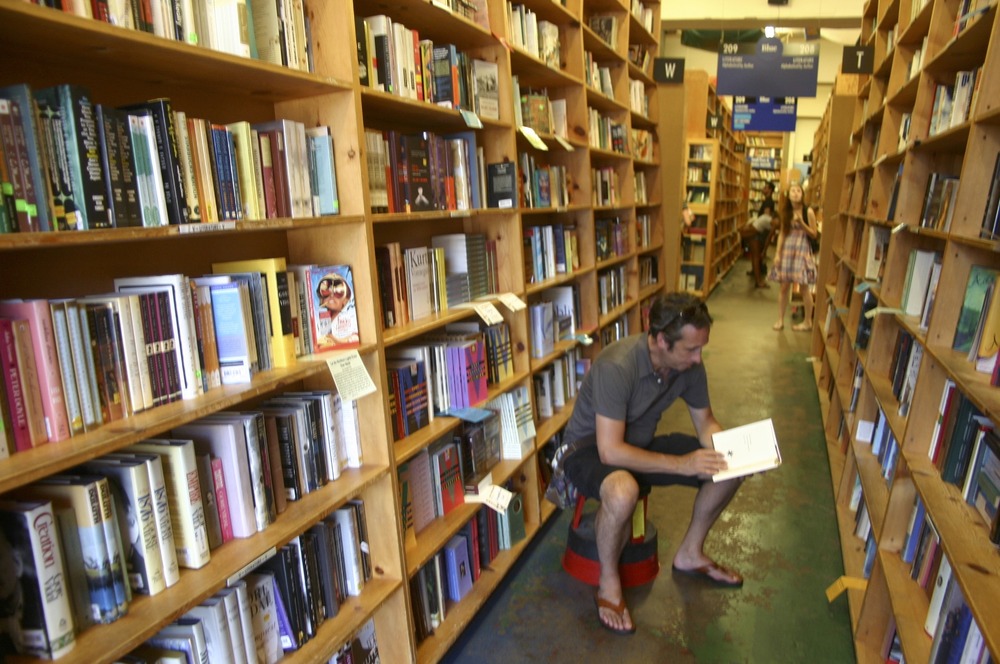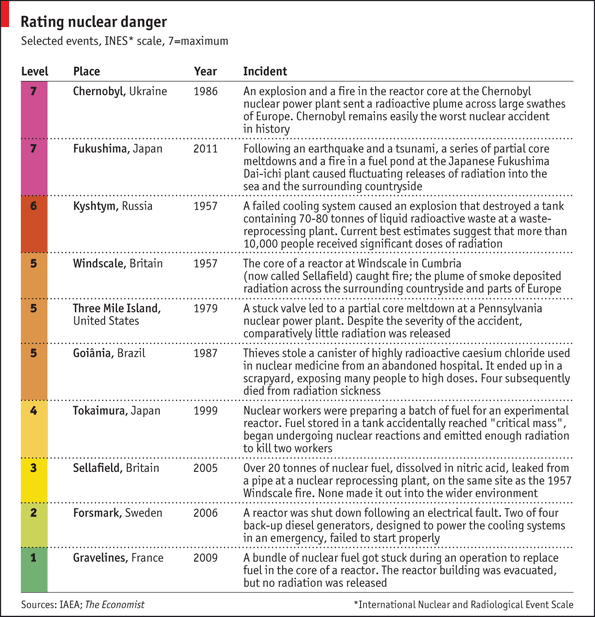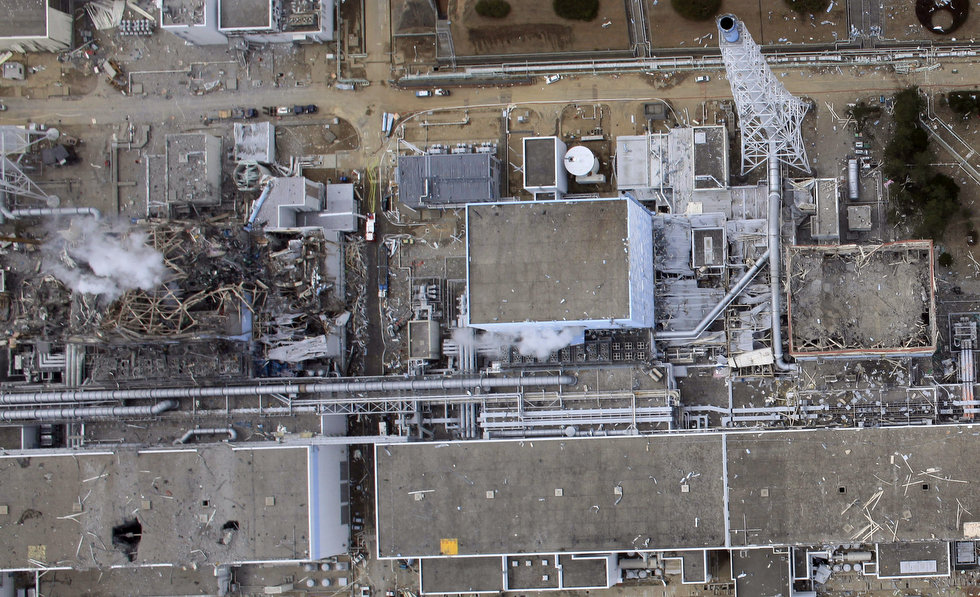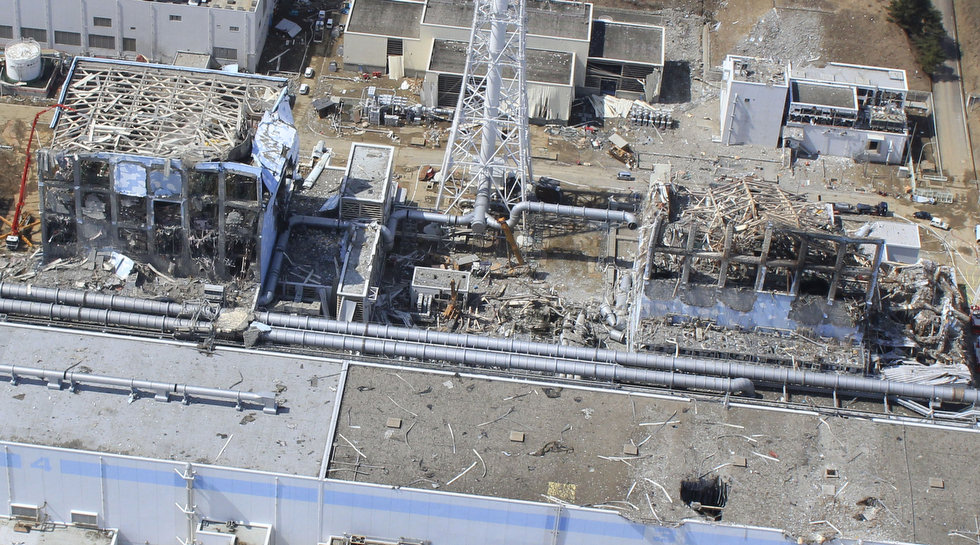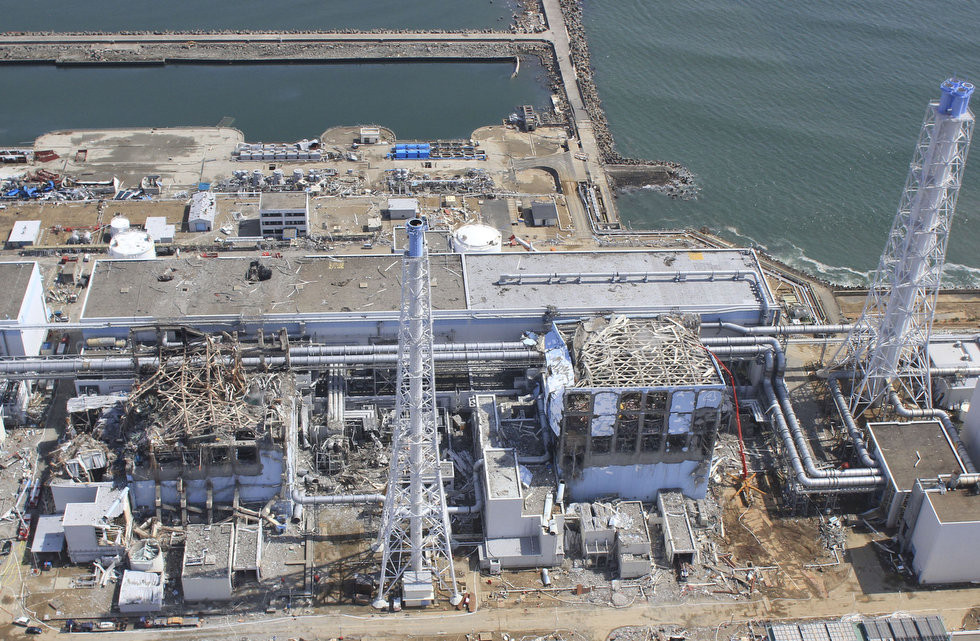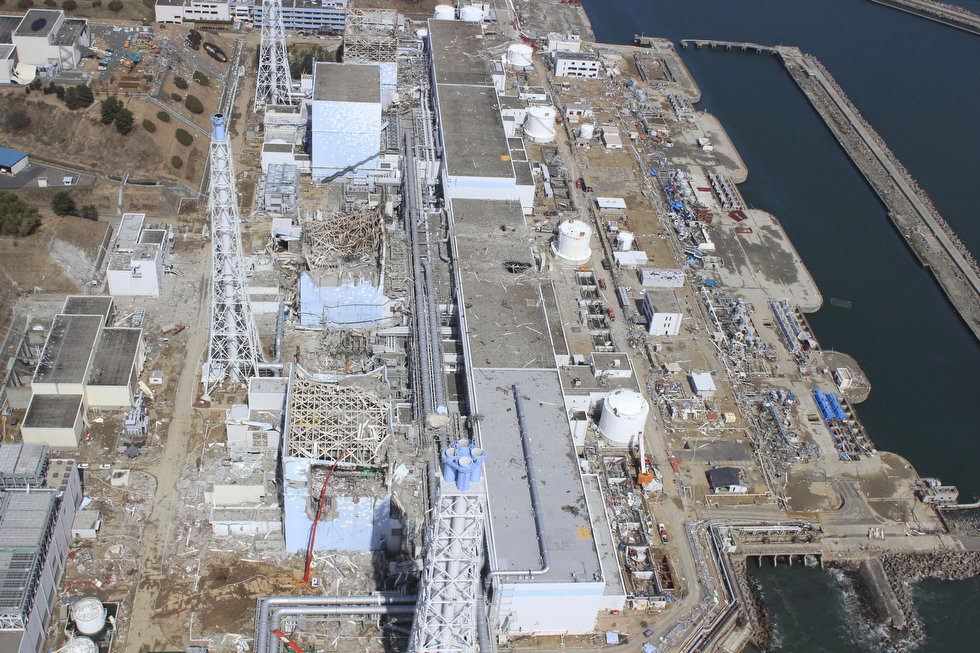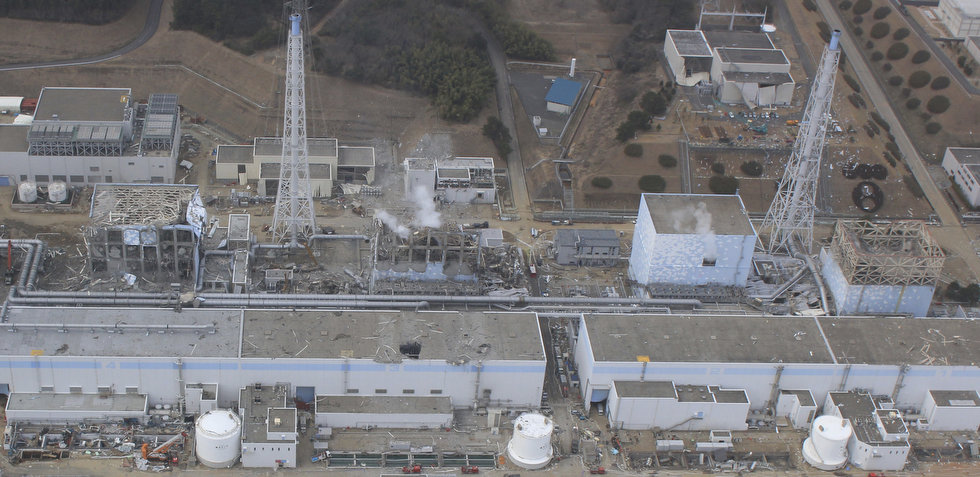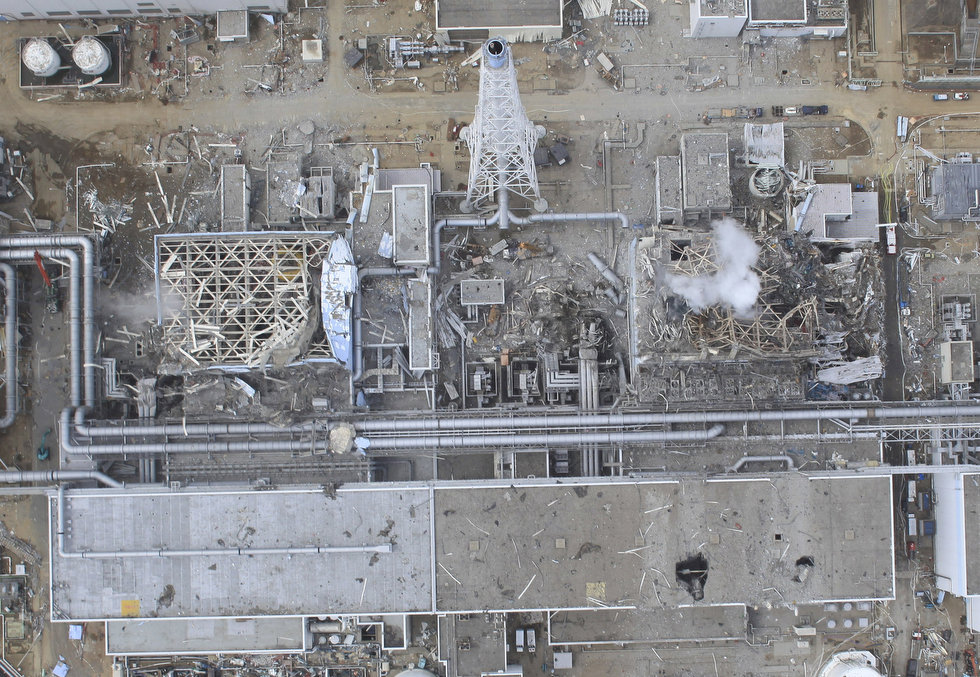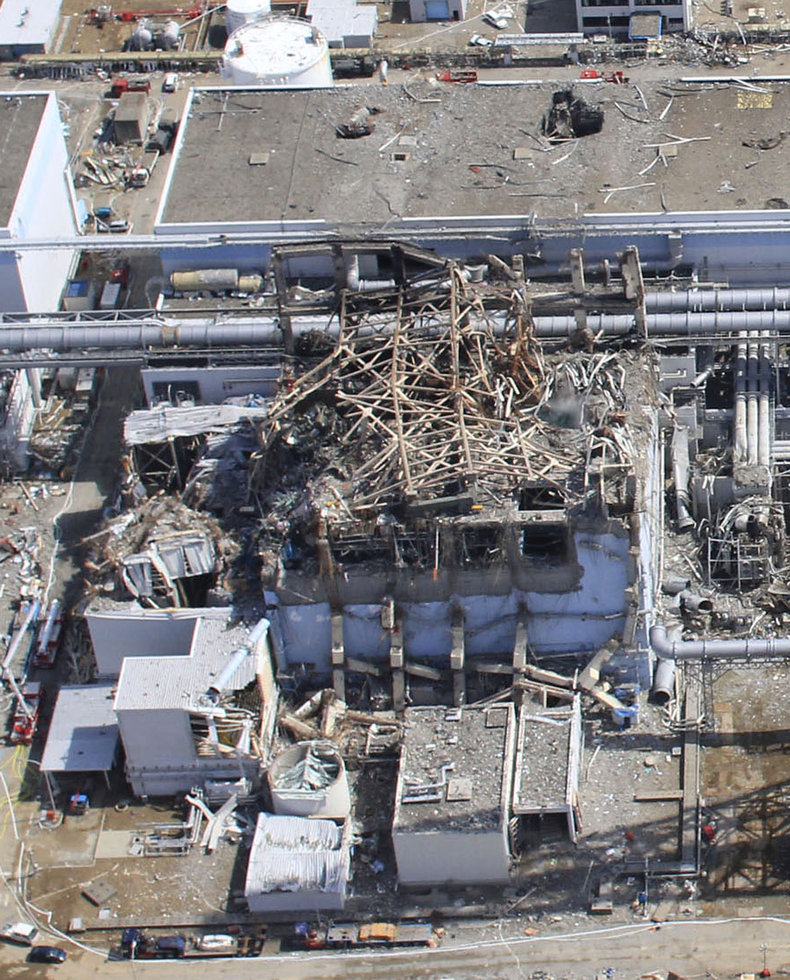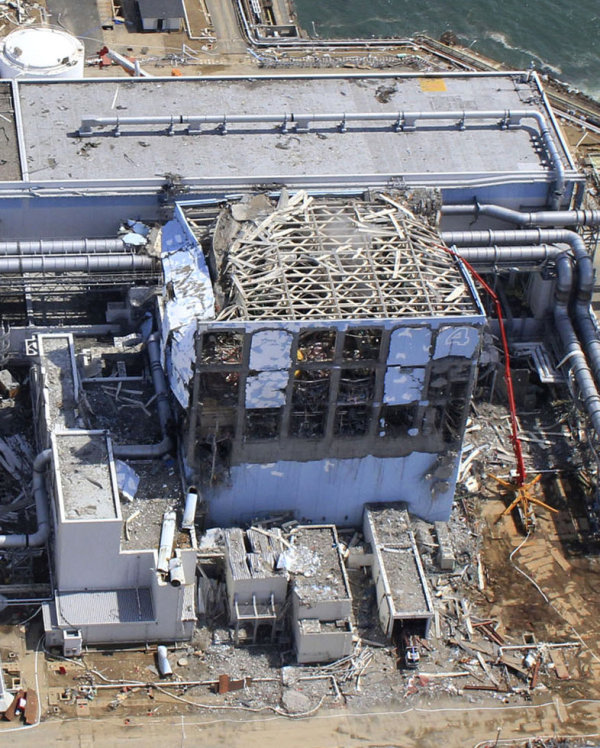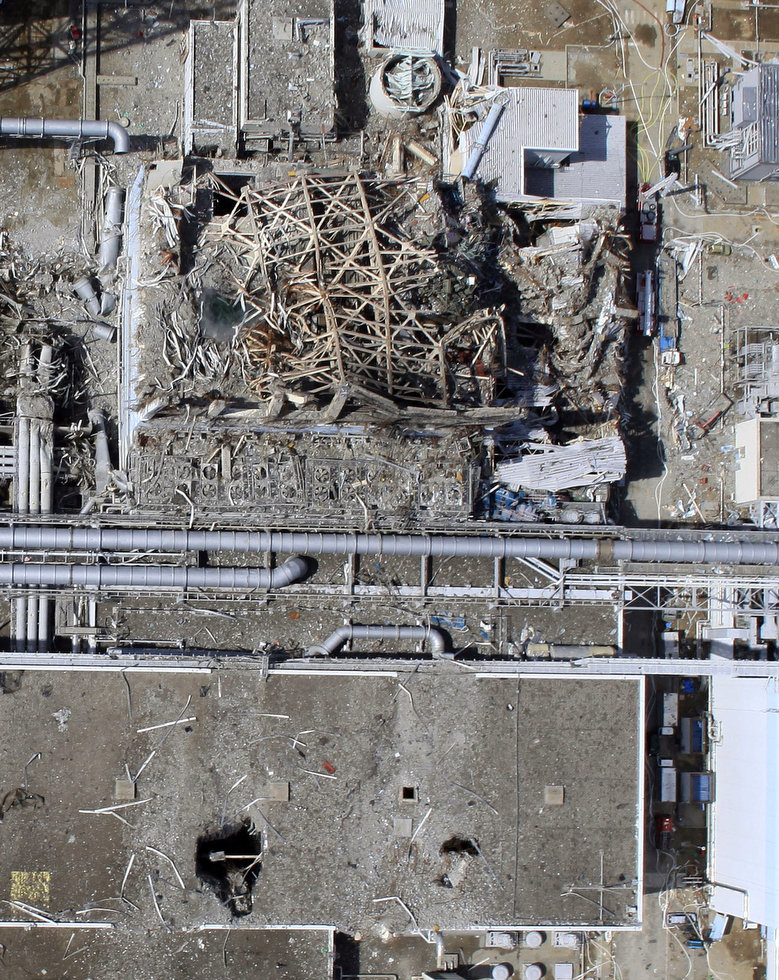Hot Spot
 Thursday, August 11, 2011 at 9:26AM
Thursday, August 11, 2011 at 9:26AM
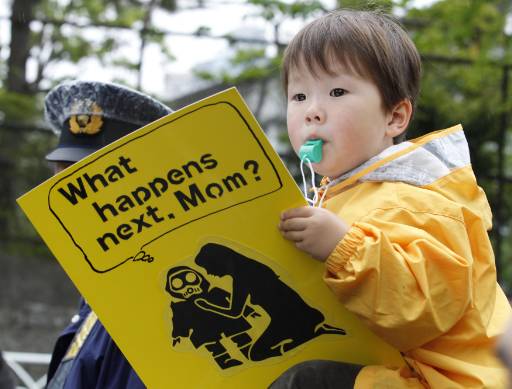 City-dwelling Japanese tend to keep to themselves. Strangers are usually shunned; neighbors treated only slightly less icily. In the first ten years that I lived in my apartment building, I never once had a conversation with the Hashimotos, a retired coupled down the hall, that was not related to the weather.
City-dwelling Japanese tend to keep to themselves. Strangers are usually shunned; neighbors treated only slightly less icily. In the first ten years that I lived in my apartment building, I never once had a conversation with the Hashimotos, a retired coupled down the hall, that was not related to the weather.
"Rain, again," Mr. Hashimoto would say one day.
"Yep, rain again," I would reply.
"It's getting hot," he might say another day.
"It sure is," I would say back.
And so on.
But then our son was born and suddenly we've got the perfect ice-breaker for beginning conversations with all sorts of people we would never have imagined talking to before.
"So cute," a stranger might say. "Is he a boy?"
"He is, yes."
"And how old is he?"
"He's a year and a month old."
"You don't say! He looks so much older. My grandson's two years old, but your son is much more alert."
"He certainly does keep us on our toes."
And, before we know it, we're talking about all sorts of personal things that you'd really rather not hear about. Oh, well. Conversational beggars can't be choosers. The Hashimotos have even invited my wife over to their home--a first! (She learned that Mr. Hashimoto was actually Professor Hashimoto. He retired several years ago from his post at the "prestigious" Kyûshû University.)
Almost everyday, my wife takes our now fifteen-month-old son to the local park to let him run around, to get his "yah-yahs" out. (Let me tell you, the kid has more energy than the Energizer Rabbit.) More often than not, she finds herself caught up in a conversation with another parent.
Two weeks ago, my wife met a woman who had been living in Saitama. After chatting for some time, the woman explained that the reason she had brought her children back to Fukuoka, her hometown, was that a number of radiation hot spots had been found in Saitama.
"It hasn't been reported much in the news," she explained, "but there are hot spots all over the Kantô region now.
Scary stuff, especially when you've got young children. No wonder the woman fled.
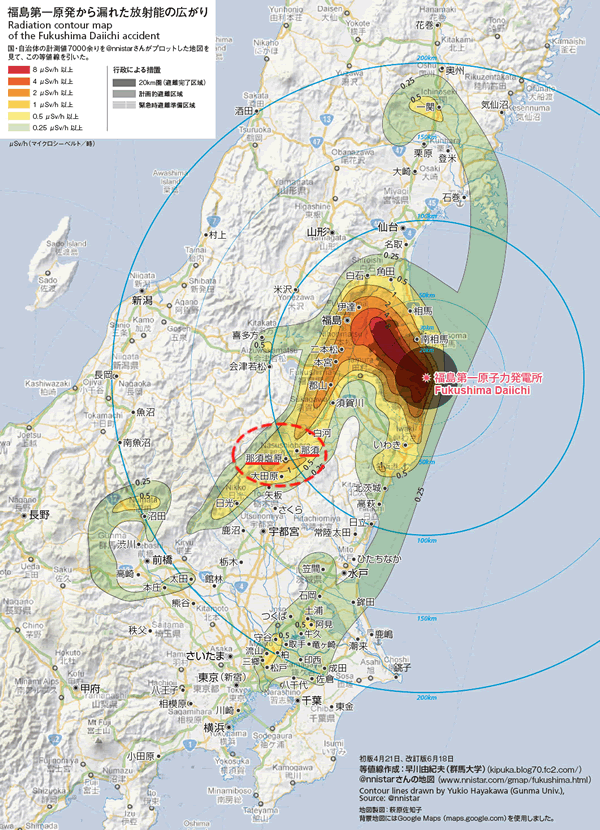 The Dai-ichi nuclear power plant at Fukushima, which has reportedly been stabilized, continues to release radiation into the air where it is carried by the caprice of winds north, south, east, and west. When it rains, the radiation falls back to earth, contaminating the soil.
The Dai-ichi nuclear power plant at Fukushima, which has reportedly been stabilized, continues to release radiation into the air where it is carried by the caprice of winds north, south, east, and west. When it rains, the radiation falls back to earth, contaminating the soil.
Weather Tech reported that "Japanese news sources are now reporting the discovery of 'numerous hotspots' throughout Japan with radiation levels exceeding the 20 millisieverts per year evacuation limit. Though multiple radioactive hot spots have been detected over a wide area at distances of up to 200 kilometers, evacuations will not be mandated in the affected areas. Instead Japan will designated homes in the hot spot areas, on a house by house basis, as being eligible for financial and other relocation assistance and encourage residents in the affected homes to voluntarily evacuate instead."
A citizens’ map of radiation levels, maintained by bloggers, MEXT, and local goverments, is available online.
More information on hotspots can be found here. I will try to translate this later today.
